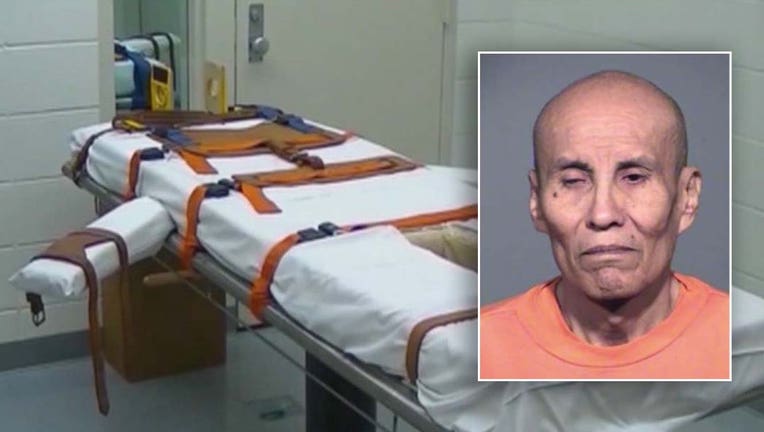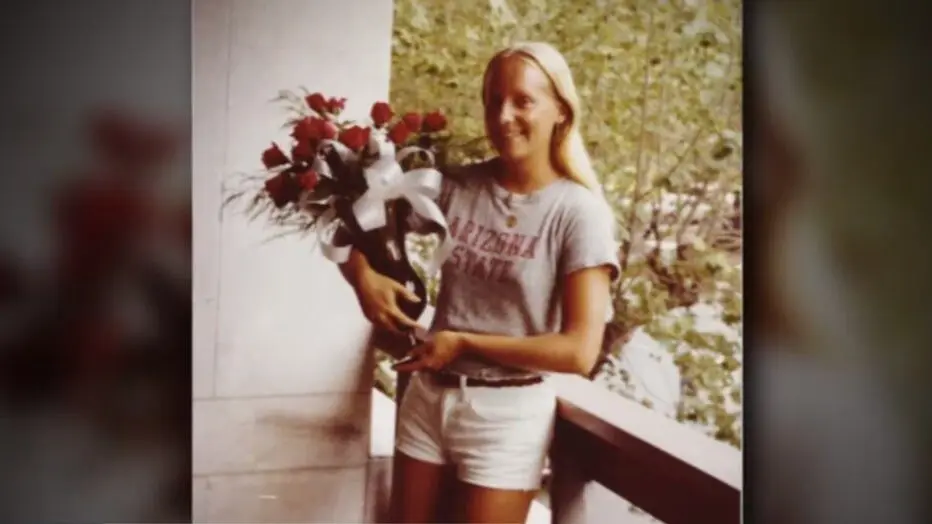Clarence Dixon: Arizona executes man who killed a college student

Clarence Dixon
PHOENIX - An Arizona man convicted of killing a college student in 1978 has become the first person to be executed in the state after a nearly eight-year hiatus in its use of the death penalty.
Clarence Dixon, 66, was put to death by lethal injection at the state prison in Florence for his murder conviction in the killing of 21-year-old Arizona State University student Deana Bowdoin. He is the sixth inmate to be put to death in the United States this year.
The U.S. Supreme Court denied a stay of execution for Dixon. His execution was set for 10 a.m. on May 11. His last meal consisted of Kentucky Fried Chicken, strawberry ice cream, and a bottle of water.
He was pronounced dead at 10:30 a.m.
In recent weeks, Dixon’s lawyers have made arguments to the courts to postpone his execution, but judges had so far rejected his argument that he is mentally unfit to be executed and had no rational understanding of why the state wanted to put him to death.
Dixon declined the option of being executed by the gas chamber — a method that hasn’t been used in the United States in more than two decades — after Arizona refurbished its gas chamber in late 2020. Instead, the state plans to execute him with an injection of pentobarbital.
The state’s hiatus in executions was driven by an execution that critics say was botched and the difficulty of finding lethal injection drugs.
The last time Arizona used the death penalty was in July 2014, when Joseph Wood was given 15 doses of a two-drug combination over two hours. Wood gasped more than 600 times before he died.
States including Arizona had struggled to buy execution drugs in recent years after U.S. and European pharmaceutical companies began blocking the use of their products in lethal injections.

Deana Bowdoin
Authorities have said Bowdoin, who was found dead in her apartment in Tempe, had been raped, stabbed and strangled with a belt.
Dixon, who was an ASU student at the time and lived across the street from Bowdoin, had been charged with raping Bowdoin, but the charge was later dropped on statute-of-limitation grounds. He was convicted, though, in her death.

